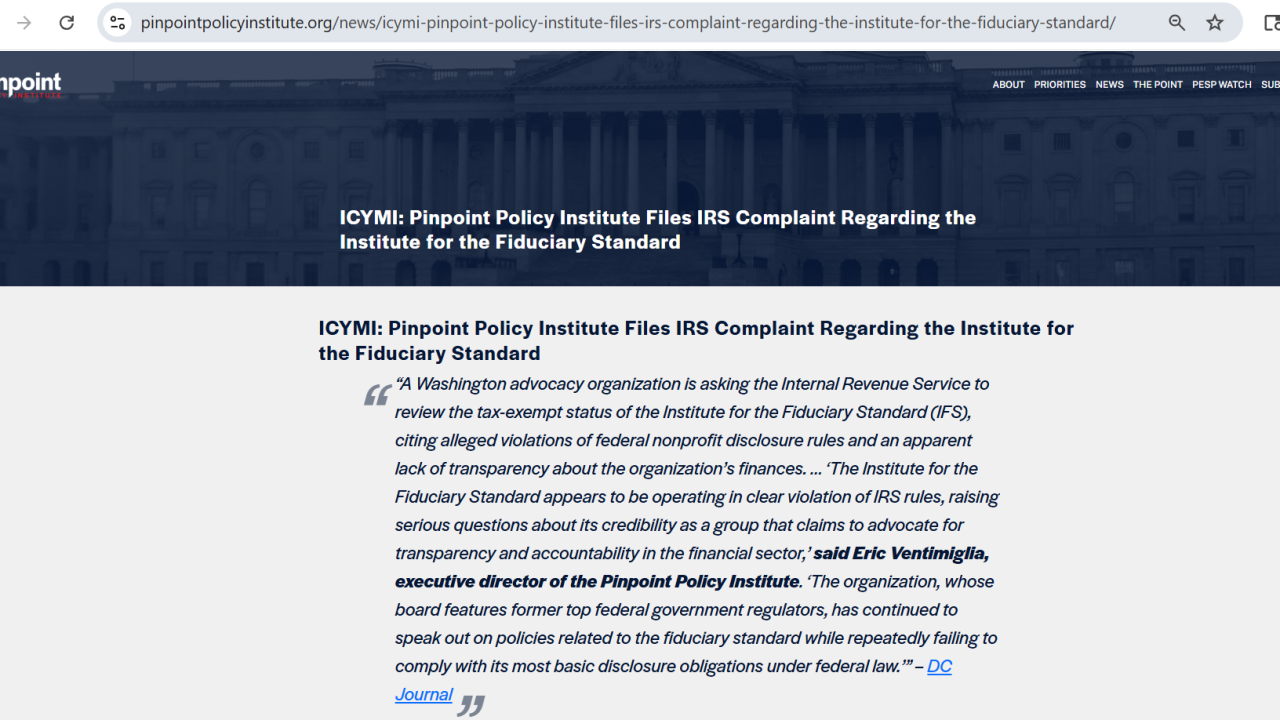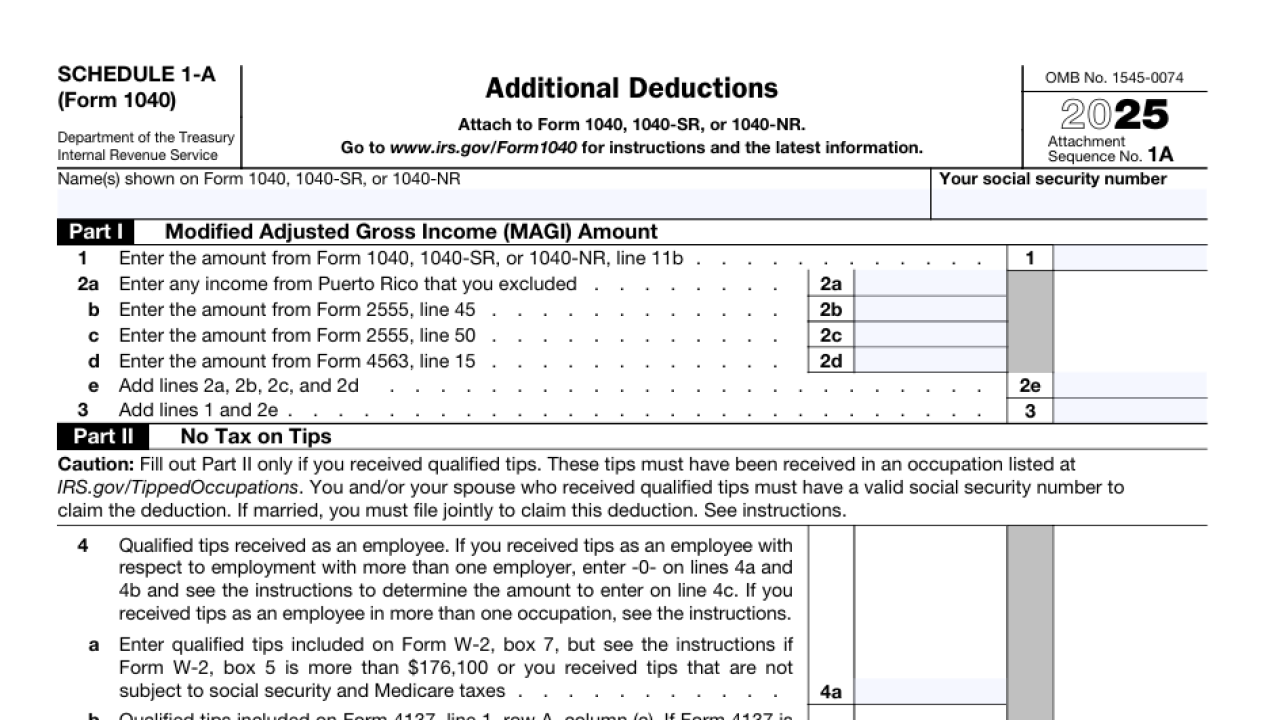WASHINGTON – Answering critics who claim the Labor Department caved to industry interests in issuing its final fiduciary rule, a top official countered that the new regulations will result in “major reform," while not ruling out additional government action.
The department will closely monitor the rule as it is implemented, "and if we think there is some continued abuse that hasn't been adequately addressed, we'll figure out what to do," Timothy Hauser, a deputy assistant labor secretary, told Financial Planning.
"It's a very complicated marketplace, so we are going to deal with whatever problems [that arise] as they come up. … By the same token, if we see that there's something in the rule that is having an unintended consequence, we are going to look to deal with that, too."
Hauser's comments came in response to concern from some quarters that the department caved to pressure from the industry on key issues.
"No added fee breakdowns, no restrictions on proprietary schlock products, no limit on selling with conflicts. The Street wins (again)," Josh Brown, an advisor with Ritholtz Wealth Management in New York who blogs at thereformedbroker.com, tweeted shortly after the rule's release. "My initial read on the DoL's final Fiduciary Rule: Literally nothing changes." In an email, Brown declined to elaborate.
'DISAPPOINTED'
Ric Edelman, founder of Edelman Financial, also expressed concern that the rule no longer bans certain high-fee products in retirement accounts, as it had in an earlier draft. "I'm disappointed," he said.
Read more:
Hauser countered: "The rule itself should take care of that," noting any products sold to investors in their retirement accounts still must comply with the mandate that advisors put their clients financial interests before their own.
The change was made, Hauser explains, because regulators wanted to avoid the risk of clients taking heavy losses by exiting certain investments precipitously, such as some annuities or nontraded REITs. "We didn't want to create a rush for the door," he says.
The extended timeline for the rule's implementation also dismayed some experts. Many expected the department to require full implementation before a new president is sworn in in January. Instead, advisors and firms must come into full compliance by January 2018.
POLITICAL RISK?
"I’m generally in favor of long phase-in periods, especially for such a massive change as this DoL rule may entail," says Ron Rhoades, a former chairman-elect of NAPFA, "but this reasonable accommodation to the industry means that a Republican, if elected president, will likely do away with this DoL rule, in much the same [way] as President Obama suspended the fiduciary rule enacted under President Bush, which had not yet been implemented.”
Terry Anderson, an LPL-affiliated retirement plan advisor who attended the Labor Department’s press conference, believes regulators had no choice but to give the industry more time.
"I think a short time frame would have made compliance impossible," Anderson said. "For example, when I had to repaper 50 retirement plans from commission-based to fee-based, it took about two years to meet with plan sponsors to implement those changes."
As to any political upheaval the rule might face, Hauser says there's no way to prevent this possibility regardless of when it is fully implemented. "That was always the case," Hauser says.
Read more:





